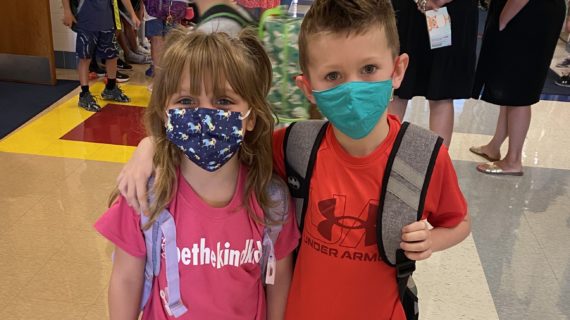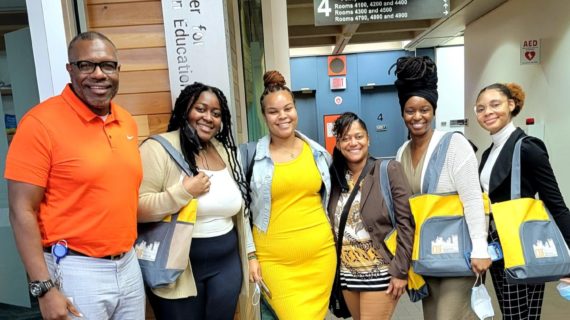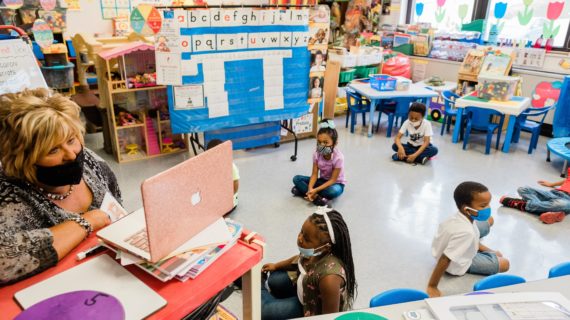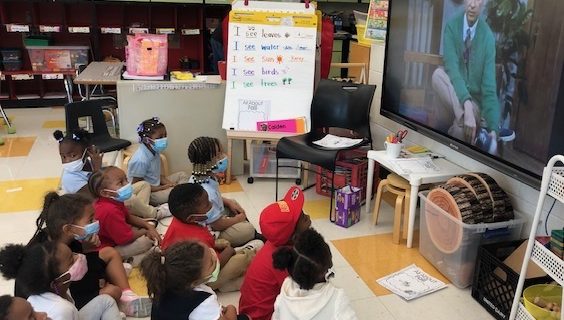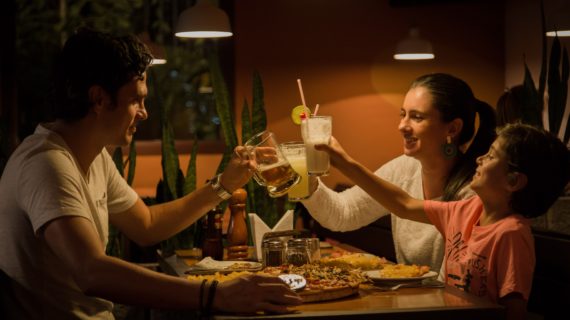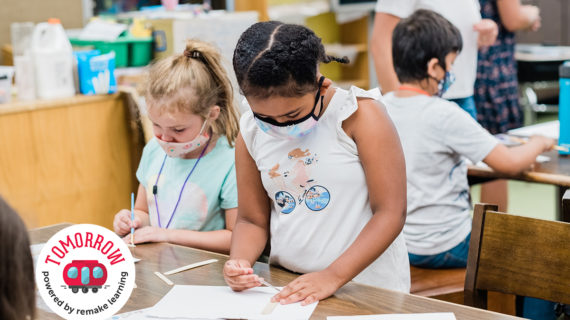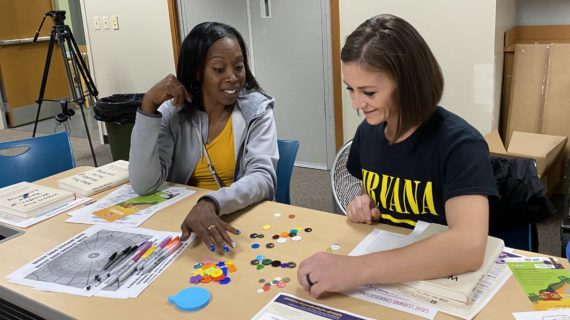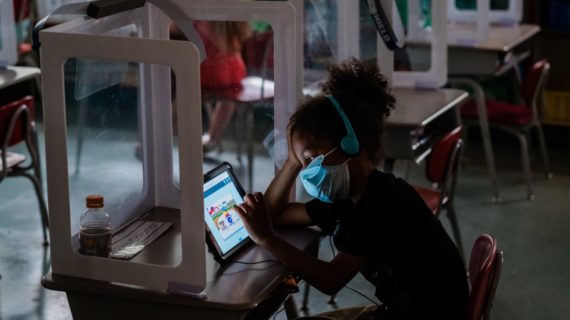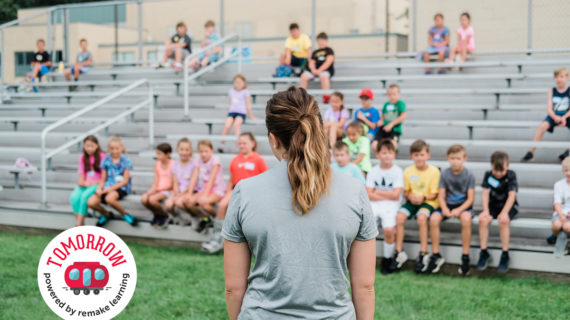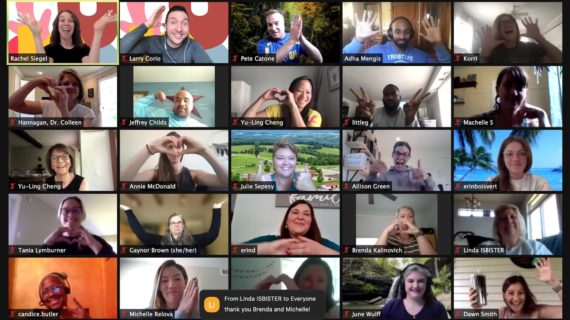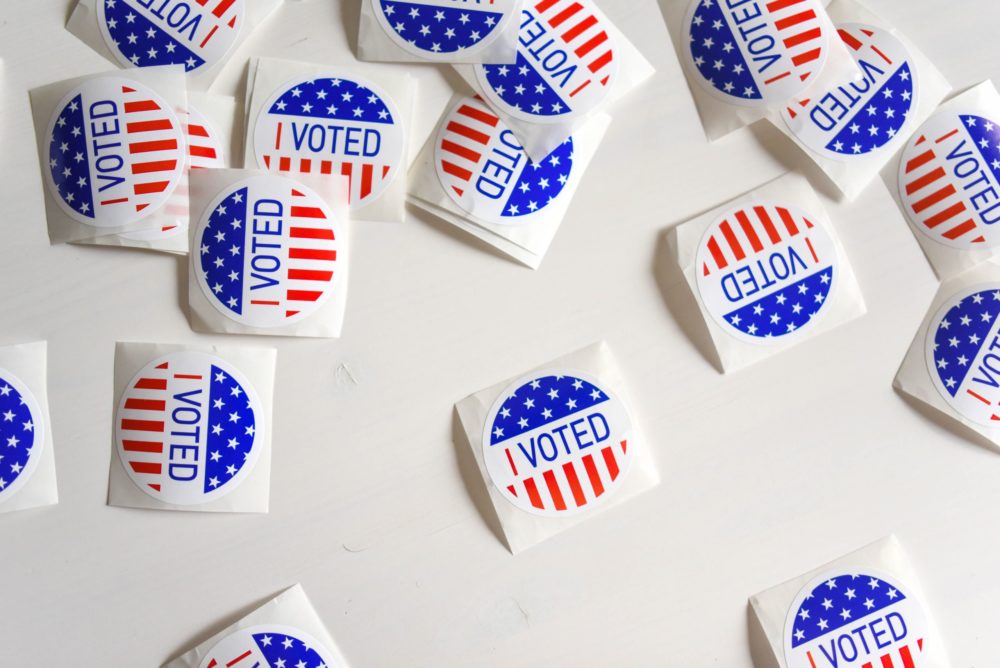
5 reasons why school board elections matter (vote on Tuesday, Nov 2!)
An earlier version of this story was published on May 4, 2021. Photo above by Element5 Digital used by permission via Unsplash.
It’s the time of year when red, white and blue signs litter lawns with the names of school board candidates. You see them in communities throughout Pittsburgh and its suburbs, sometimes offering a slate of candidates to consider.
Is it really that important to vote in these local elections, especially if you’re happy with your child’s school or if you don’t have children in school? The answer is a resounding “Yes,” say two experts in the impact of local politics on schools.
1. Your school board is incredibly important and controls (a lot of) your tax dollars.
It can be rather astounding to think how much control a school board, made up of elected volunteers, has over your city, borough or township’s budget. For example, the Pittsburgh Public Schools budget is almost $70 million larger than the entire budget for the City of Pittsburgh.
As a voter, you want to find people who are fiscally responsible to reliably control those purse strings.
So although it’s an election many people ignore, it’s actually incredibly important.
“On a day-to-day basis, local races — and especially school boards — really have an impact on communities, everything from the quality of life to the type of children we’re turning out. In a lot of ways, you can make the argument that school board is perhaps the most important thing you can vote for,” says Mike Mikus, a political strategist with Chartiers Group LLC.
Yet in most elections, only about 20 percent of voters in each district end up choosing the school directors, says James Fogarty, executive director of A+ Schools, which advocates for the educational interests of Pittsburgh students. But the school board has the power of taxation of property in its jurisdiction, impacting all residents whether they have children or not.
2. Your vote makes a big difference.
“We talk about schools as being the smallest unit of government that we can get involved in and it matters for our future, but when we have such significant drop-off [in voting] we have to question, are these democratic?” says Fogarty. “Those who are voting have outsize influence on what happens in your schools. If you don’t like what’s happening and you want to change things, it starts with you voting and reaching out to your neighbors to encourage them to do the same.”
Want to learn more before Election Day? Fogarty’s organization, along with the League of Women Voters of Greater Pittsburgh and 16 other groups, have formed the Vote School Board First! coalition to encourage people to educate themselves about the issues.
Pennsylvania’s 501 school districts, including the 44 districts in Allegheny County, have volunteer oversight boards to ensure that a superintendent runs a district well. Each board’s nine unpaid members serve four-year terms and run for reelection on a staggered basis — five in one election cycle and the other four two years later. The state requires newly elected school directors to complete five hours of training in their first year, and reseated directors must complete three hours, according to the Pennsylvania School Boards Association (PSBA).
3. The quality of your local schools impacts the whole district.
The quality of local schools matters because “the quality of your neighborhoods, in many ways, is determined by the schools,” says Fogarty. “How your community supports public education, how we support children, matters to our economy and our civil society. Our children prepare for the jobs of today, let alone the jobs of the future, and are they ready to take part in a democracy that requires citizen participation and citizen responsibility?”
4. School boards react to emergencies — like the pandemic.
School boards became even more powerful during the pandemic, because they determined whether learning would be remote, in-person in classrooms or some hybrid combination.
“As much as we don’t want to talk about school as childcare, the reality is that it is both a place of learning and real growth for kids, but also a place where parents can safely send their children during the day so they can work,” Fogarty says. “If you’re pleased with what your board did during the pandemic, then maybe you should be voting for the incumbents. If not, it’s an opportunity to talk with school board members and ask, ‘What’s your plan to address [potential problems]?’”
“We’re working to raise awareness about the different races and we’ve developed questions, from how to manage COVID response to how to better connect early childhood opportunities to K-12 schooling, to financial considerations,” adds Fogarty. “Our goal is to be calling folks and reminding them about the school board election.”
When the pandemic hit, school boards began offering the public access to their meetings via Zoom, and many boards may still offer that option, says Mikus. It’s another way for people to educate themselves about the issues and the folks who can have an outsized impact on their property taxes.
5. It’s up to you to evaluate school board candidates.
Even if people are motivated to vote, they may not recognize any of the names on the ballot, especially for local races, such as school board candidates. But you have time to learn about them before Tuesday.
“It does take some work — it can be as simple as going to a school board meeting or talking to friends and family to see what they know about the candidates,” Mikus says. “If you happen to stumble on a candidate in a grocery store, or if they’re in your neighborhood knocking on doors, it’s important to have a conversation with them about what they want to do, whether it’s spending money or [enacting] various policies.”
The PSBA offers potential school board candidates a guide to running for office. Many people don’t have much money for such campaigns, relying mostly on yard signs, social media and door knocking, says Mikus.
“The good thing is you’re not dealing with career politicians,” Mikus says. So “the candidates’ platforms tend to be unvarnished. You know where they stand, whereas with a congressional race, they’ll massage the language to make it less clear or find the most popular things to talk about. These candidates are running because they believe in something. It may be harder to connect with them, but it’s easier to find what they believe in.”
To learn more about your local candidates ahead of Election Day, Fogarty says, “talk to your neighbors. If you’re a parent with children in schools, talk to the teachers and principals. Try to get as much information from as many sources as you can.”
Not sure where to vote on Tuesday, Nov. 2? Click here to find your local polling place.

